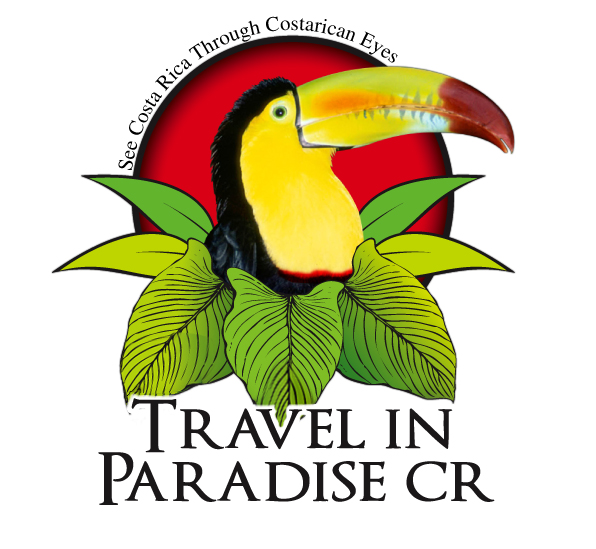Green Travel in Costa Rica: How to Travel Sustainably
With its lush rainforests, stunning beaches, and rich biodiversity, Costa Rica is a paradise for eco-conscious travelers. But while the country is known for its strong commitment to environmental preservation, the influx of tourists can still pose a threat to its natural beauty. This blog post will guide you on how to travel sustainably in Costa Rica, ensuring that your visit leaves a positive impact on the environment and local communities.
Why Choose Green Travel?
Green travel, also known as sustainable or eco-friendly travel, involves making conscious choices that reduce your environmental impact. It’s about respecting natural habitats, supporting local economies, and fostering cultural understanding. In Costa Rica, which is home to 5% of the world’s biodiversity, sustainable travel is particularly important. By choosing green travel, you help preserve this incredible ecosystem for future generations.
Eco-Friendly Accommodations
Stay at Eco-Lodges
One way to ensure a sustainable stay is by choosing eco-lodges. These accommodations are designed with the environment in mind, often using renewable energy sources, water-saving techniques, and sustainable building materials. Examples include Lapa Rios Lodge on the Osa Peninsula, which offers breathtaking views and a commitment to conservation, and Finca Rosa Blanca near San José, which integrates organic farming and reforestation projects.
Choose Certified Green Hotels
Look for hotels with certifications such as the Costa Rican Tourism Board’s Certification for Sustainable Tourism (CST). This program rates accommodations based on their sustainability practices, helping you make an informed choice. A CST-certified hotel ensures that you’re supporting a business committed to environmental and social responsibility.
Responsible Wildlife Viewing
Visit Ethical Wildlife Sanctuaries
Costa Rica is famous for its wildlife, but it’s crucial to visit ethical sanctuaries that prioritize animal welfare. Examples include the Jaguar Rescue Center in Puerto Viejo, which rehabilitates injured wildlife, and the Sloth Sanctuary in Cahuita, which focuses on sloth conservation.
Respect Wildlife in Their Natural Habitats
When exploring national parks like Corcovado or Manuel Antonio, always maintain a safe distance from animals. Use binoculars for a closer look instead of approaching them. Avoid feeding wildlife, as it disrupts their natural behaviors and can lead to health issues. Remember, you’re a guest in their home.
Sustainable Transportation
Opt for Public Transportation
Public transportation is an eco-friendly way to get around Costa Rica. Buses are affordable and cover most tourist destinations. For example, the bus from San José to Manuel Antonio takes about 3 hours and offers a scenic view of the countryside.
Rent Eco-Friendly Vehicles
If you prefer driving, consider renting a hybrid or electric vehicle. Companies like Adobe Rent a Car offer eco-friendly options. These vehicles produce fewer emissions, helping reduce your carbon footprint while exploring the country.
Support Local Communities
Buy Local Products
Support local artisans and farmers by purchasing handmade crafts and fresh produce. Visit markets such as the Feria Verde in San José, where you can find organic products and unique souvenirs. Buying local not only reduces the carbon footprint associated with imported goods but also supports the local economy.
Participate in Community-Based Tourism
Engage with local communities through community-based tourism initiatives. Programs like ACTUAR offer homestays and tours that provide an authentic experience while directly benefiting local families. By participating in these programs, you foster cultural exchange and support sustainable development.
Minimize Waste
Reduce Plastic Use
Plastic pollution is a significant issue worldwide, including in Costa Rica. Reduce your plastic use by carrying a reusable water bottle, shopping bag, and utensils. Many hotels and restaurants offer refill stations to encourage this practice.
Proper Waste Disposal
Ensure you dispose of waste properly by using designated recycling and trash bins. Participate in beach cleanups or volunteer for organizations like Ocean Conservancy to help keep Costa Rica’s beaches pristine.
Eco-Friendly Activities
Go Hiking and Birdwatching
Costa Rica offers numerous eco-friendly activities such as hiking and birdwatching. Explore trails in national parks like Monteverde Cloud Forest or Arenal Volcano. These activities have minimal environmental impact and allow you to appreciate the country’s natural beauty.
Try Sustainable Water Sports
Engage in water sports that have a low environmental impact. Kayaking, paddleboarding, and snorkeling are excellent options. Companies like Bahía Aventuras in Uvita offer tours that emphasize environmental education and conservation.
Conclusion
Traveling sustainably in Costa Rica is not only possible but also incredibly rewarding. By making conscious choices about your accommodations, transportation, activities, and interactions with local communities, you can help preserve this beautiful country for future generations. Remember, every small effort counts when it comes to protecting the environment. So, pack your bags, embrace the Pura Vida lifestyle, and enjoy a green adventure in Costa Rica!

Recent Comments